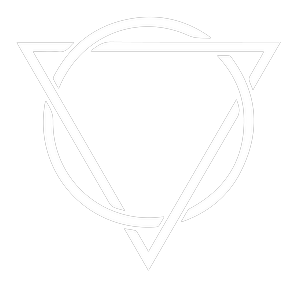The Fourth Estate - that evocative term, redolent of revolutions and ink-stained fingertips, is a phrase born not merely of political theory but of mythic necessity. It refers, traditionally, to the press, the media, the scribes of society, whose sacred charge is to speak truth to power, to bear witness, to ensure that the grand machinery of governance does not descend into the madness of unchecked authority.
But to truly understand the Fourth Estate, one must return to the original trinity from which it emerges. The first three estates in the old European order were: the clergy (those who mediated between the divine and the mortal), the nobility (those who wielded temporal power), and the commons (the masses, the people, the voiceless many). The Fourth Estate arose as an interloper, a rogue current - a force not born into privilege, but carved from the urgent need to observe, to interpret, to communicate.
The concept originated in Europe, and its roots can be traced back to the 18th century. The term "Fourth Estate", as the fourth branch after what are now the executive, legislative, and judicial, underscores the significant role of the press in a democratic society, emphasizing its responsibility to serve the public interest, provide accurate and reliable information, and act as a check on power. The idea behind the Fourth Estate is that the media, through journalism and reporting, acts literally as a fourth power alongside the traditional branches of government. It is seen as a force that can hold those in power accountable, inform the public, and contribute to the functioning of a healthy democracy through an educated voting electorate. And doing so by constantly providing valuable information, analysis, criticism through information dissemination, encouraging public accountability and transparency, fostering civic engagement, serving as a watchdog, sharing respectful debate + public opinion, and most importantly, speaking truth to power. Which can only be done by honoring what is called the Journalistic Oath.
In its ideal form, the Fourth Estate is the nervous system of democracy. It senses, transmits, and warns. It reveals what the powerful would prefer concealed. It holds the mirror up to civilization and asks, “Is this what we are?” When functioning properly, it is a carrier of truthful stories, a bridge between worlds, a holder of the collective shadow.
Journalists do not exist in dictatorships. Not only do they exist in a more free democratic society, they are the fourth table leg of said society, always moving it forward toward less and less dysfunction. While even then, they never have it easy, we are currently sailing through dark and stormy seas for journalism throughout the entire world. Even the more free world. Because many of the institutions they work for, are doing basically the opposite of honoring their oaths, resulting in far too large an amount of the population getting either only partial information, incomplete information, skewed information, or malevolent propagandised information that equates to an oftentimes under educated voting electorate. In our age of echo chambers and corporate-owned narratives, the Fourth Estate has become a battleground. The line between journalism and propaganda has blurred. The ghost in the machine now writes headlines. What was once a sacred function has, in many quarters, been hijacked by spectacle, by ideology, by profit. This is the stale rotting corpse that is legacy media and even far too much of new media, which to put it simply, rarely tells the truth, the whole truth, and nothing but the truth.
Yet the archetype remains. And you, me, all of us—by the very act of perceiving and narrating, we are now part of the Fourth Estate. Social media, for all its perils, has decentralized the scribal function. The myth of the single authoritative voice has shattered. Now it is a chorus, a cacophony. And although real independent journalists always should lead the way, any of us speaking truth to power will always be a revolutionary act.
